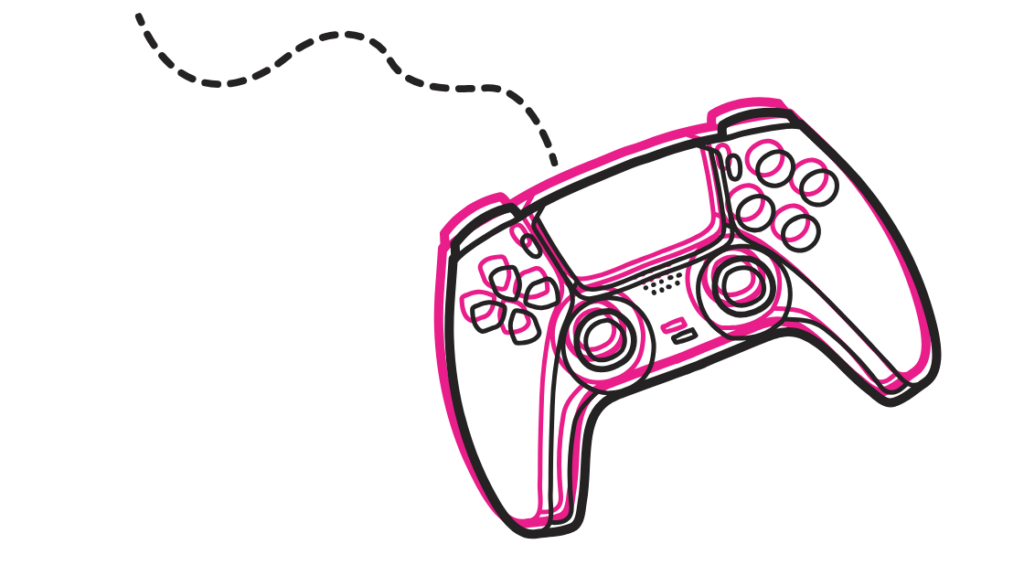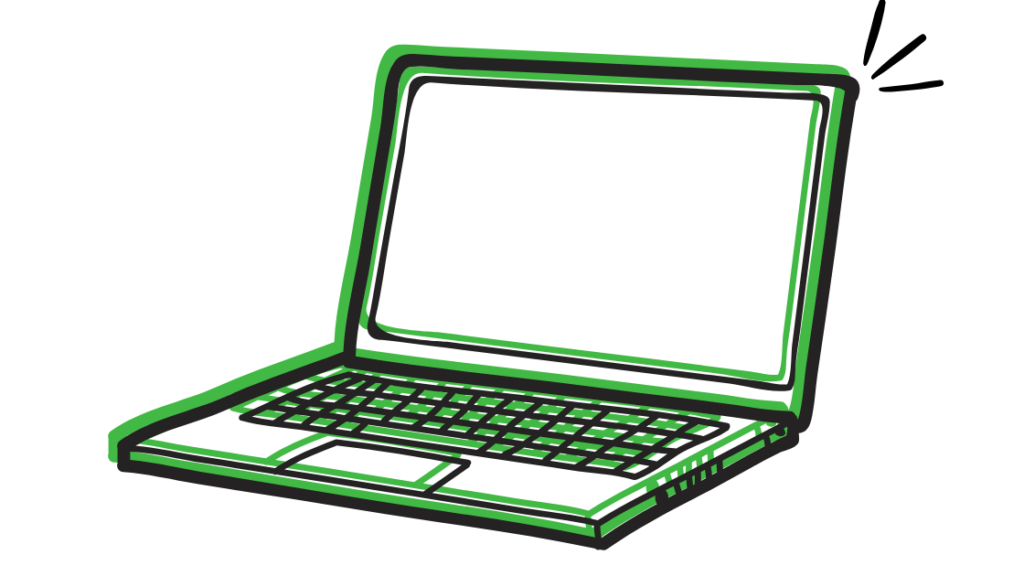
The first video game patent was issued in 1947 for a “cathode-ray amusement device”. Needless to say, the industry’s grown and changed quite a bit since then! As technology advances rapidly, patents for gaming software, hardware, and associated products are more critical than ever. For example, patenting the IP around your video game or the hardware design can protect your company’s market value and maintain your userbase.
However, just what can you patent about your video games—and what should you consider first? Navigating video game patents is best done with the help of expert video game lawyers, but here are a few tips as you embark on the process.
Before You Begin Your Gaming Patent Application
Although the process for filing an application for a game patent is standard, some of the questions around it are not. So, before you start your application, ask yourself:
- Have I shared confidential information about my video game-related product with anyone else?
- If I have, did that person sign a nondisclosure agreement first?
- Have I publicly discussed my invention?
- Have I maintained detailed documentation throughout the development?
Going public before obtaining a patent for your invention is risky; we strongly advise consulting a patent attorney and filing a patent application before you do.
What Patents for Gaming Cover
Patents can be complex, but they are widespread in the gaming industry. They give the original creators of games, gaming products, and technology that enhances virtual reality exclusive rights to their inventions for a specified timeframe. Here are some gaming-related creations that are often patented:
- Software
- Game mechanics
- Game controllers and systems
- Methods and directions
- And any other products associated with Virtual Reality (VR), Augmented Reality (AR), and Extended Reality (XR)
Of course, not everything surrounding video games is patentable. Video game ideas, for example, may be copyrighted, but they cannot be patented.
Gaming patents can vary widely in terms of significance and practicality. Some may seem odd, some may seem sensible—if you understand legalese. But, perhaps the most important patent in the gaming world is the Pong Patent, which dates back to a patent infringement lawsuit between Atari and Magnavox over the game Pong. In this lawsuit, Atari ultimately paid Magnavox—which owned the rights to Table Tennis, which inspired Pong—$1.5 million for licensing rights. However, this lawsuit would encourage patent trolls, leading to many lawsuits over the years.
How to Successfully Obtain a Patent for Gaming
Classic/Physical Game Patent Services
A classic or physical game patent is used to protect a board game or other tangible game. Obtaining this type of patent means the game you created cannot be resold by someone else unless you authorize such resale. To obtain a patent for a board game, the game must be:
- Novel: Not a copy of another game
- Useful: Entertaining and/or educational
- Non-obvious: Not simply a variation of another board game
In addition to patenting your game’s process, you may also be able to obtain a design patent for the physical game pieces.
AR/VR/XR and Virtual Gaming Patents Services
If you create an Augmented Reality (AR), Virtual Reality (VR) or an Extended Reality (XR) game, you could apply for patent protection for your game. This would help protect the software and the hardware devices that players use to immerse themselves in the game environment. Obtaining a patent for an AR/VR/XR game or product can help game creators protect their market share, increase sales and raise venture capital.
Bold Patents has worked with many inventors to successfully obtain gaming patents. Here are just a few of them:
- System and Method for an Interactive Controller
- Interchangeable Gameboards
- Handle of Table Tennis Racket

How to Find the Right Patent Lawyer
Evaluating video game law firms to help you protect your creation can be confusing; knowing what to look for when choosing an attorney can help improve your chances of obtaining gaming patents. First, choose an attorney and firm that understand game patent law. As discussed more fully above, not every element of your video game is patentable. Working with a skilled firm that understands patent game mechanics and has video game intellectual property expertise can help provide the protection you need to proceed more confidently in the gaming industry. As this is a relatively new specialty area in patent law, many attorneys and firms simply have not handled enough gaming law patent matters to be considered proficient.
In addition to choosing an experienced gaming lawyer, look for an attorney who offers convenience, transparent pricing, a geographically diverse network of legal professionals, and direct communication throughout the process.
The information provided on this website is for informational purposes only and is not intended as legal advice. This website may be considered attorney-advertising. All information is current at the time of publication, and is subject to change. The law firm responsible for the content of this website is Bold IP, PLLC, which does business through one or more trade names, including Bold Patents, Bold Patent Law, and others.
Schedule a Discovery Call 800-849-1913